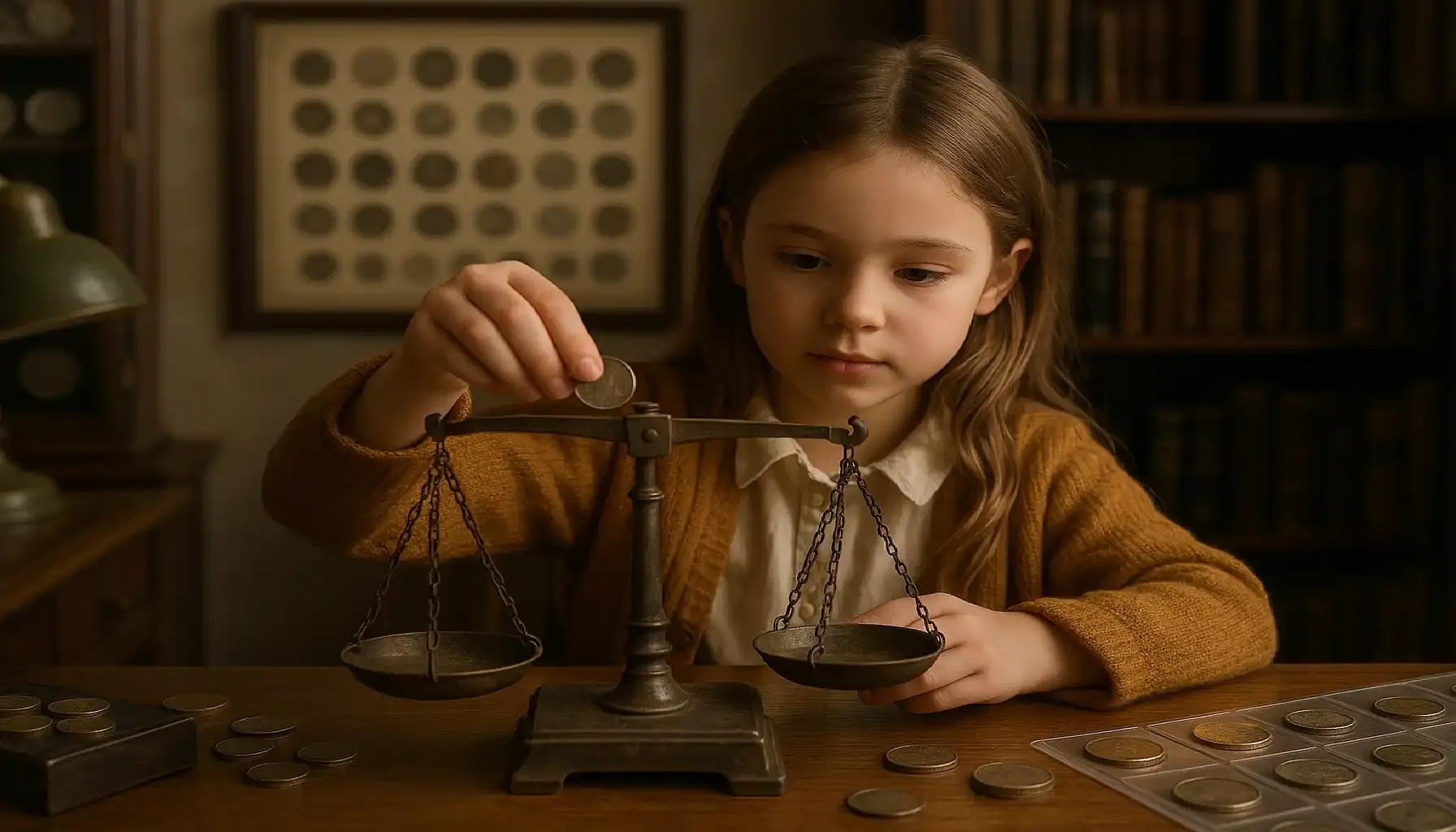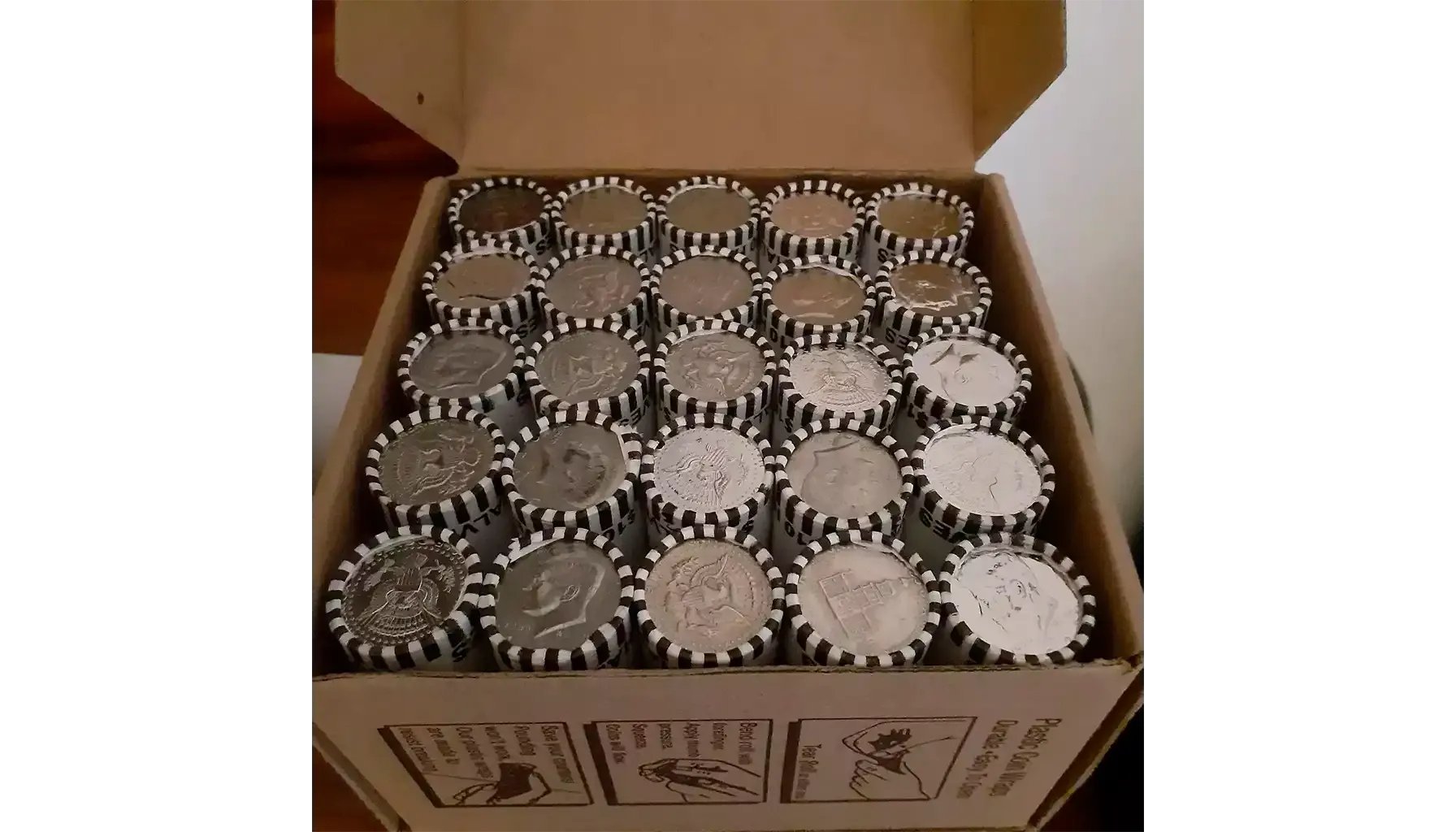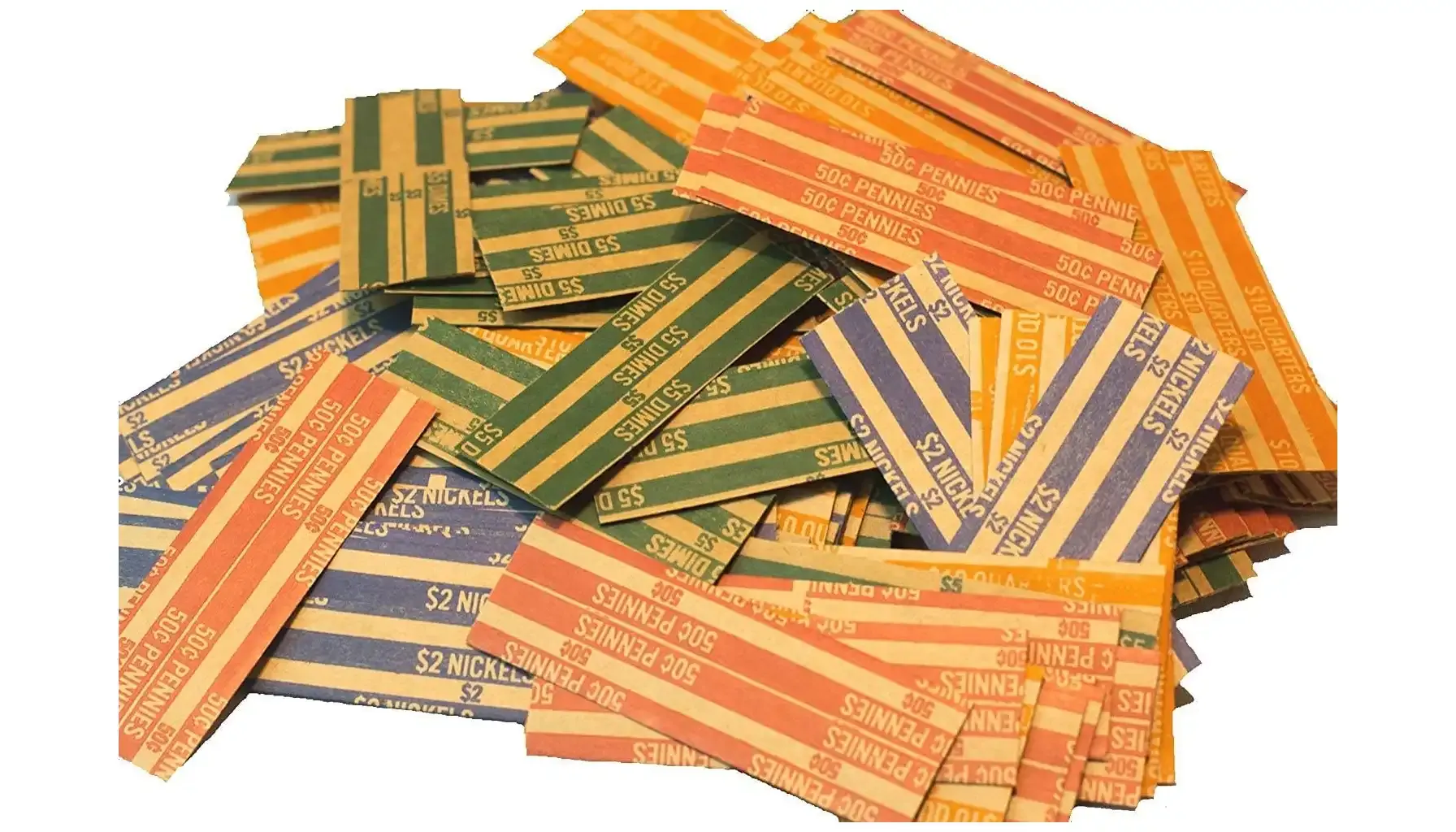Contents:
The numismatic industry often seems like a rich space to enter. Some people who get overly obsessed with collecting may one day think about how to become a certified coin dealer and put these skills into practice.
It is always a good idea to become a dealer if one possesses the necessary skills and a desire to delve into trading endeavors. In this material, we have compiled information about how to start selling coins and what you need to know to become a successful (or, at least, satisfied) dealer.
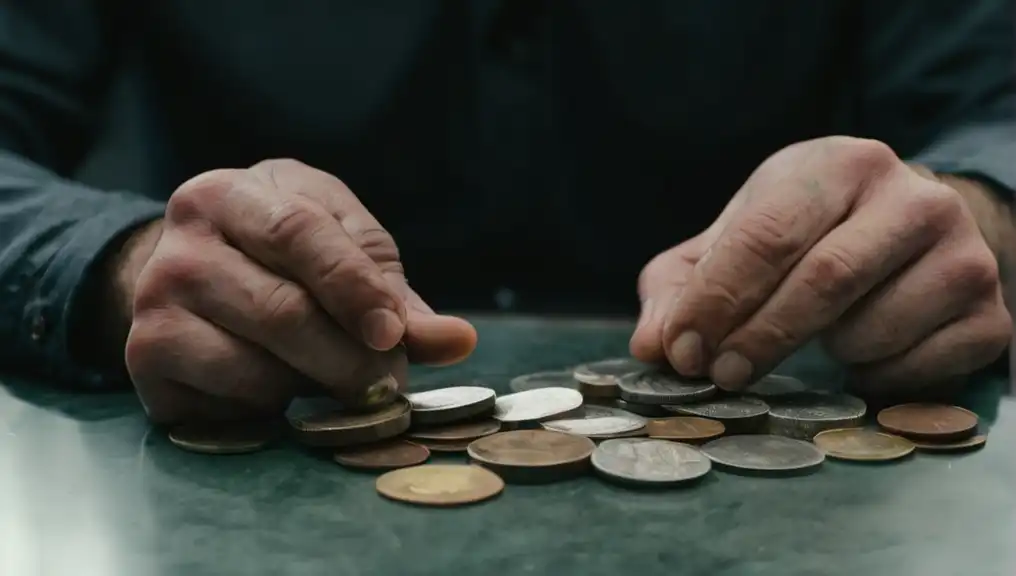
What Are Current Trends in Collecting?
Those who wish to know how to become a gold coin dealer should always be aware of the current trends in the collecting market, a constantly evolving system that does not tolerate delays and inattentiveness.
Demand for High-Grade and Rare Coins
Nowadays, the demand for rare and high-grade instances is gradually rising due to a growing interest in numismatics, especially in those items with special features or exceptional cultural value.
Interest in Modern Commemoratives
Although traditional coins remain an appealing option for collectors of all sorts, modern commemorative issues become more and more popular (e.g., those produced by mints to commemorate important events or anniversaries).
The Use of Digital Platforms and Online Coin Auctions
It is an open secret that global marketplaces are now equally available to both buyers and sellers. Hence, dealers can take advantage of the expanding trend of online coin dealing and reach a global audience via platforms such as eBay, Heritage Auctions, and Stack's Bowers.
Emphasis on Coins with Historical Significance
Coins with verified historically significant backgrounds, often supported by meticulously prepared documentation or authenticity certificates, are also popular among collectors. This is why taking part in the national numismatic certification can be reasonable.
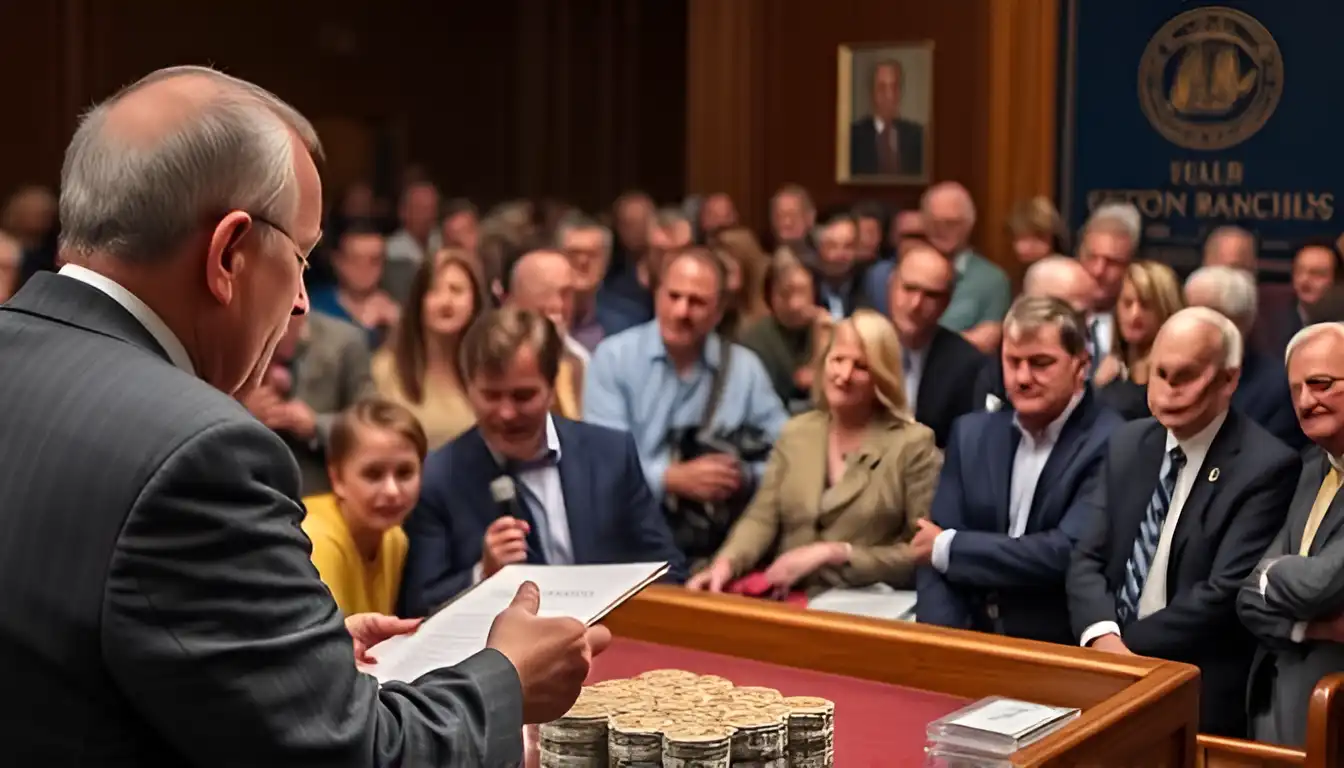
Necessary Skills for Coin Dealers
Numismatic Knowledge – Profound understanding of history, minting, and market trends. A dealer must understand which coins in change are worth money.
Coin Grading – Proficiency in evaluating condition and rarity based on grading standards (e.g., PCGS, NGC). When overwhelmed, one may appeal to applications like Coin ID Scanner* to identify the condition and possible defects with the use of an online analyzer by photos.
Business Acumen – Skills in pricing, inventory management, basic accounting, and e-commerce. It is always important for one to have a special trait so as to be a successful coin dealer and never lose money.
Authentication – Ability to detect counterfeit or altered coins using tools and expertise. Although it might be challenging at first, do not hesitate to ask for assistance and analyze as many instances as possible. Practice makes perfect.
Negotiation – Strong negotiation and communication skills to build trust and close deals.
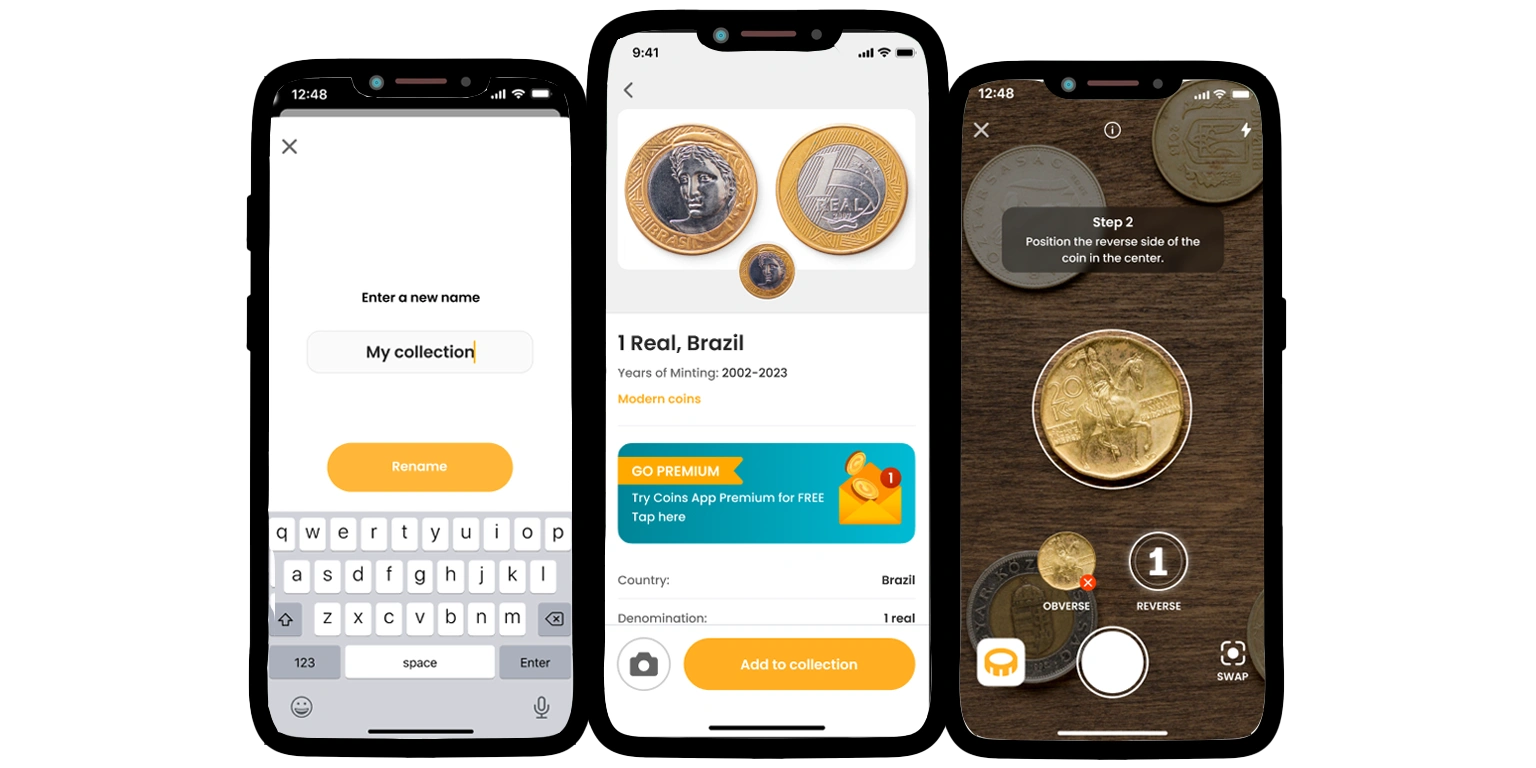
*Coin ID Scanner is an innovative application for quick coin analysis, error detection, and collection management. Should you wish to take control over your coin sets, employ a tool that serves as a convenient encyclopedia with comprehensive information, easy-to-understand design, and unique features? How do I become a coin dealer? Start with Coin ID Scanner.
Start Your Coin Dealing Business
Commencing a coin-dealing business definitely necessitates meticulous preparation, a strong basis in numismatics, and a calculated strategy to establish your brand and clientele. Here is a generalized tutorial on how to become a licensed coin dealer:
Step 1. Create a Business Plan Thoroughly describe your target audience, initial budget, growth strategy, and business goals. Select between an online store, a physical store, or a fine combination of both, and decide whether you are to concentrate on rare coins, bullion, or commemoratives. |
Step 2. Obtain Licenses and Permits Make sure your company follows any relevant regulations. This could involve applying for resale permission, a business license, and, in some cases, a precious metals dealer's license. If so, register your business as a sole proprietorship, LLC, or corporation with your state’s Secretary of State or Department of Revenue (or any relevant authority in your country. If you buy/sell large quantities of coins, especially bullion, you may be required to comply with FinCEN's AML regulations under the Bank Secrecy Act (BSA). |
Step 3. Source Inventory Obtain units of currency via auctions, estate sales, other dealers, or straight from collectors to begin assembling your own collection. To successfully attract a broad clientele, one is suggested that they diversify the product lines. |
Step 4. Set Up Online Presence Develop a trustworthy website or participate in online markets such as Etsy or eBay or numismatic shows. Make use of social media platforms (i.e., Instagram, YouTube, etc.) to advertise your goods, and think about taking part in online auctions to get more exposure. |
Step 5. Create Connections and Join Numismatic Associations Establish connections with suppliers, other dealers, and collectors, join numismatic associations, keep up with market trends, and expand your business networks at coin shows, and numismatic clubs. Opt for more reputable organizations like PCGS or NGC, rather than Numismatic Certification Institute. Large companies mean flawless operations. |
Step 6. Offer Appraisals and Services Do not forget to draw in new clients by providing appraisal services, that are to be impartial and well-informed either way. |
Do not be afraid of making mistakes – follow your path and find the best way to sell rare coins!

